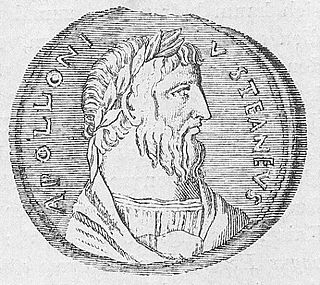A Quote by William Shakespeare
There is not one wise man in twenty that will praise himself.
Related Quotes
A man must fortify himself and understand that a wise man who yields to laziness or anger or passion or love of drink, or who commits any other action prompted by impulse and inopportune, will probably find his fault condoned; but if he stoops to greed, he will not be pardoned, but render himself odious as a combination of all vices at once.




































